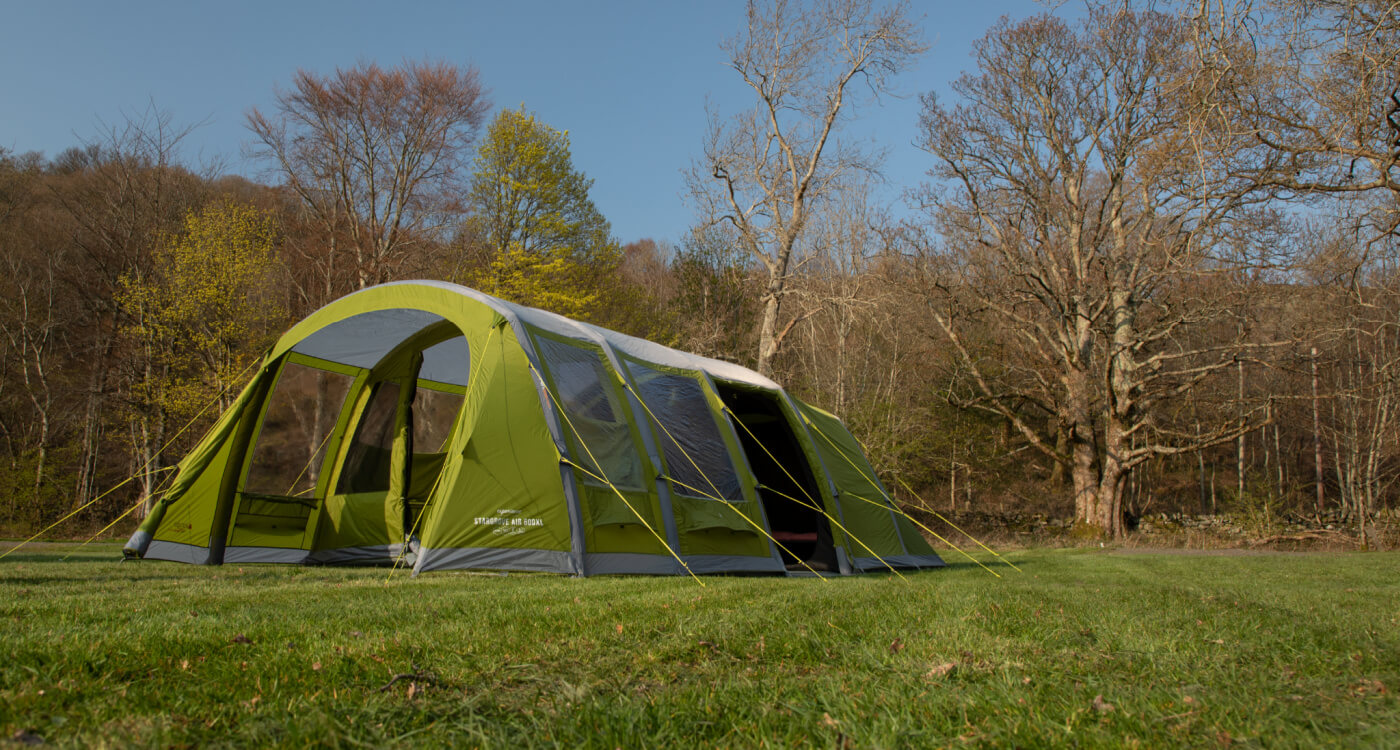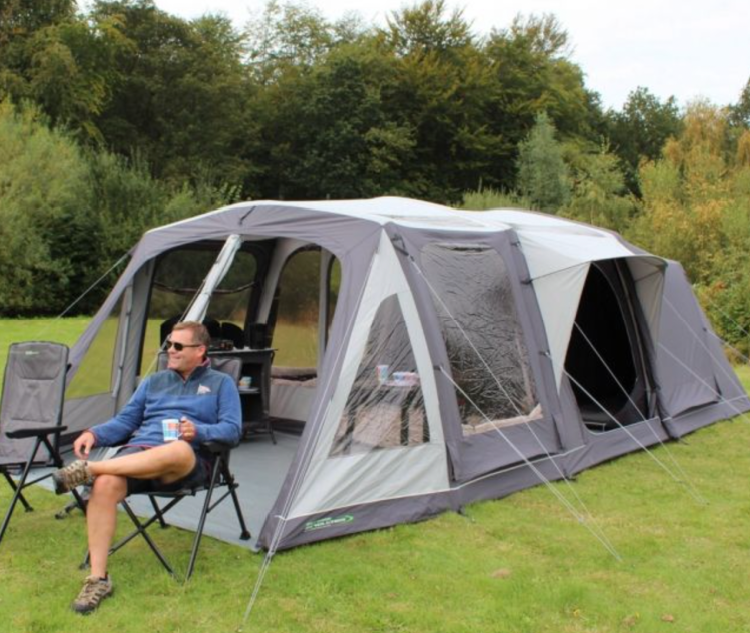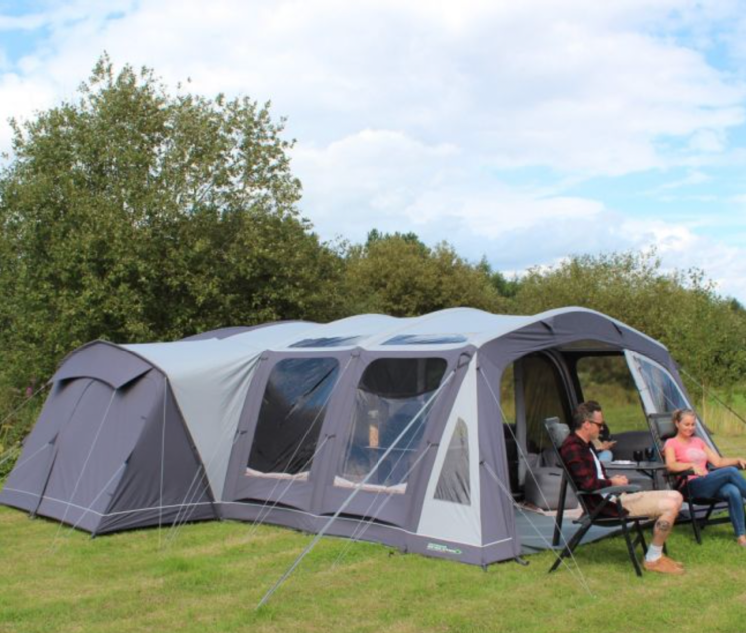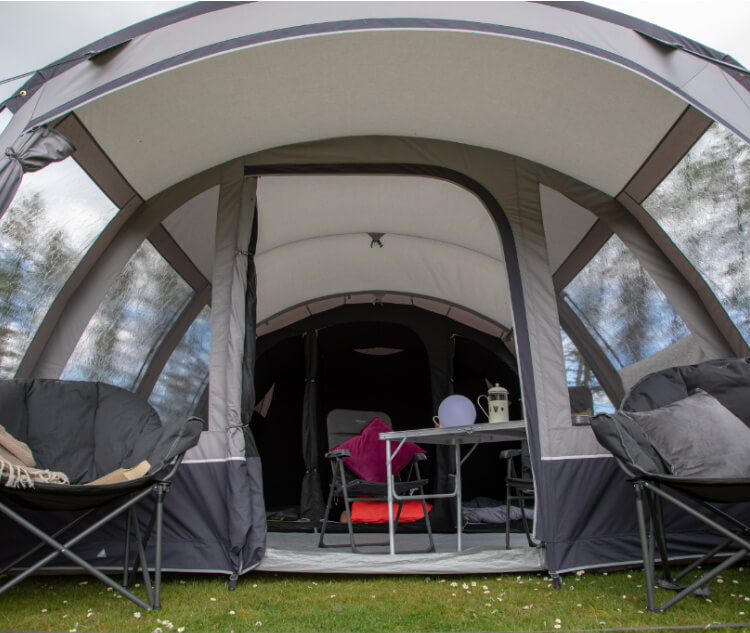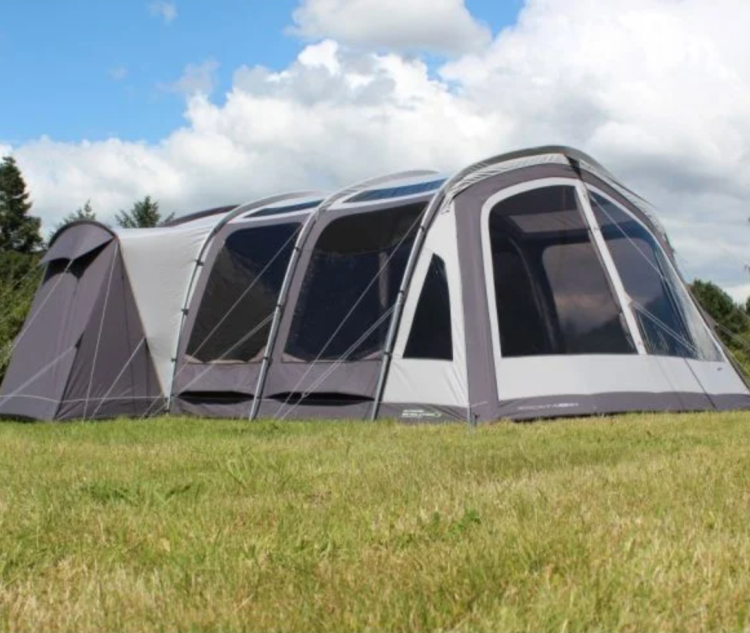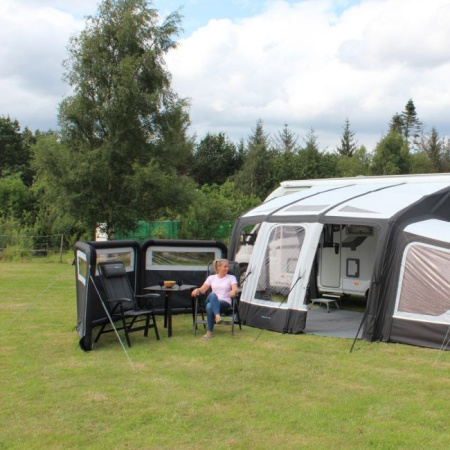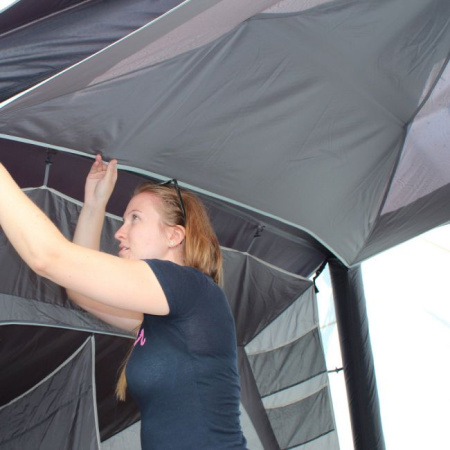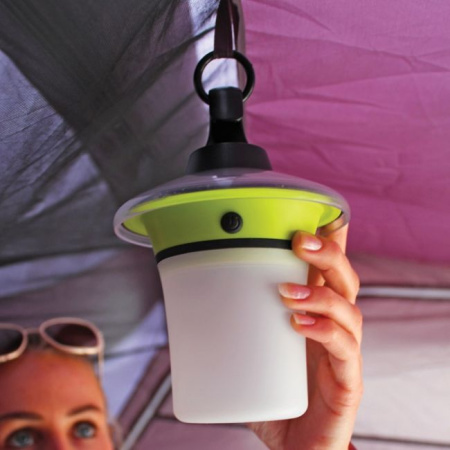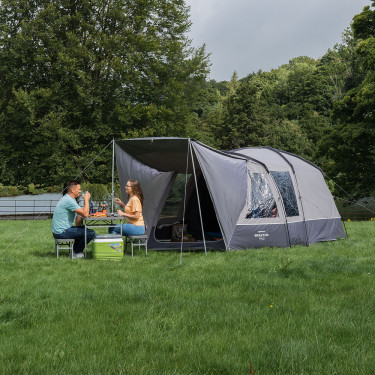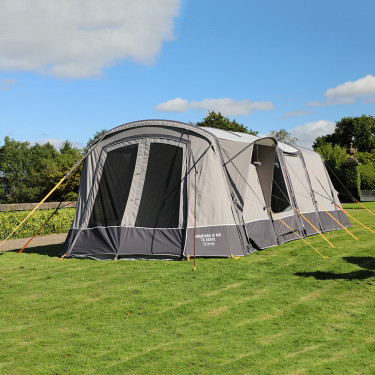Things to consider when buying a polycotton tent
While we think polycotton tents are some of the best you can buy, it wouldn’t be fair of us not to mention a few minor considerations you should be aware of.
Increased weight
As polycotton tents are usually around two-thirds cotton, they can be a little heavier and your pack size will be larger than with most tents. However, if this isn’t really a problem for you, and you have space in the car, then it’s absolutely worth it.
Price
As we’ve mentioned, polycotton tents do tend to be a little more expensive than other similar tents. But, again, it’s a longer-lasting and better-performing product, so it should last longer if you look after it, making the extra cost well worth it.


